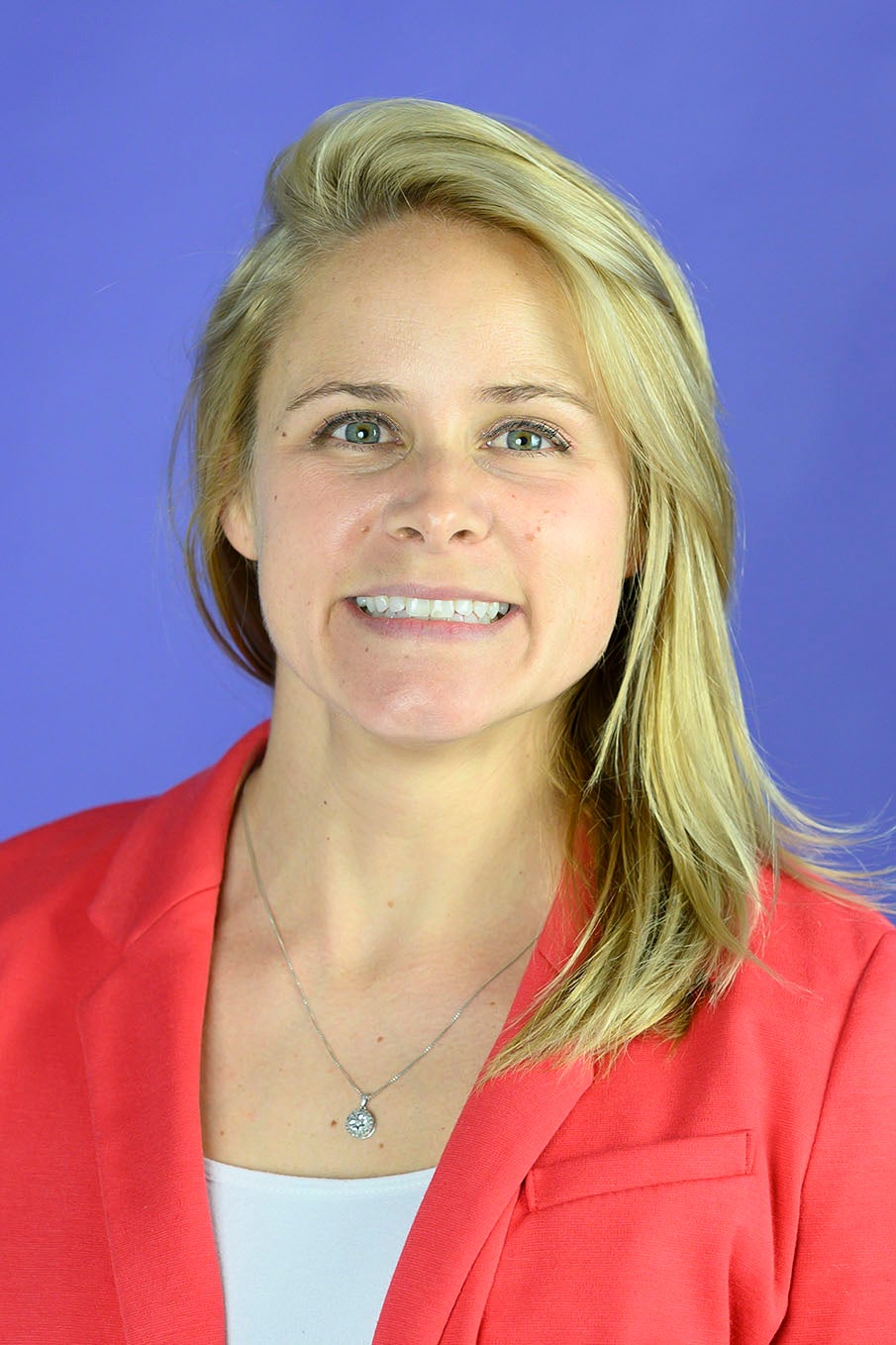Looking to lose weight? New ECU study suggests that intensive behavioral therapy can help.
A new study from ECU’s College of Allied Health Sciences and Brody School of Medicine recently highlighted by CNN demonstrated that intensive behavioral therapy provided by registered dietitians can help older adults to lose weight.
Intensive Behavioral Therapy for Obesity (IBTO) is a treatment system tailored to each patient that includes regular counseling sessions with a registered dietitian to assess and improve the patient’s eating, exercise and other lifestyle habits.
The study showed that IBTO treatment improved patient outcomes — not only in terms of aiding in their weight loss, but also in lowered A1C (a blood test that measures average blood sugar levels and helps physicians diagnose pre-diabetes and type-2 diabetes) and in reducing the duration in which they required medication.
Although the treatment is already reimbursed for Medicare B recipients, there has not been much research about its efficacy to date, prior to this study.
“It can be provided by physicians, but dietitians are one of the other health care providers who can do it,” said Dr. Lauren Sastre, an author of the study and assistant nutrition science professor at ECU. “In general, it’s not a service that’s done very frequently by physicians or dietitians. So, it’s just an under-researched treatment although it clearly demonstrated enough benefit that Medicare would reimburse it.”
The retrospective study, encompassing three years’ worth of data and more than 2,000 patients, looked at obese female patients participating in IBTO treatment with ECU Physicians and compared their outcomes to eligible, obese female patients who did not participate. Researchers found that these patients had weight loss of nearly three pounds — compared with the control group that gained an average half of a pound — reduced body mass indices of half a point, and reduced A1C measurements of 0.1 units. These patients also took prescription medication on average six days less than the control group.
Sastre said she has been interested in the support that dietitians can provide primary care providers, and when the United States Preventative Taskforce recommended that primary care providers refer obese patients to registered dietitians, it inspired her to delve deeper to uncover the value that dietitians can provide in a primary care setting.
She connected with Kay Craven, a co-author of the study and clinical nutrition services director at ECU Physicians, to look at outcomes of some of the patients they’ve been serving. Collaborating with Craven, along with Dr. Molly Jacobs of ECU’s Department of Health Services and Information Management and undergraduate research assistant Jordan Harris, Sastre decided to look more closely at IBTO. At that point, Craven and ECU Physicians had been providing IBTO to obese patients for several years.
Since the treatment is already approved and reimbursed for Medicare B recipients, it struck Sastre as particularly relevant.
“Because weight management has so many benefits for blood pressure, for A1C diabetes, for glucose control and sugar control, it was something that seemed like a good starting point,” Sastre said, “and that treatment, because it’s Medicare, it can be delivered at any primary care office in the country.”
The next step, Sastre said, is looking at how these improvements relate to savings in health care so that primary care providers are more likely to keep dietitians on staff and these types of treatments are more widely available.
“We had improvement in A1C, we had improvement in weight, we had improvement in medication duration — how does that translate specifically into saving money?” Sastre said. “If we want these treatments to be more accessible, they really have to be billed. No one’s going to send somebody to a dietitian to pay out of pocket or certainly not a patient that can’t afford it.
“The reimbursement is one of the biggest barriers to people getting care by a dietitian. Demonstrating the fact that these improved outcomes translate to health care savings is a way to support policy changes so we can provide better access for people.”
-by Natalie Sayewich, University Communications
